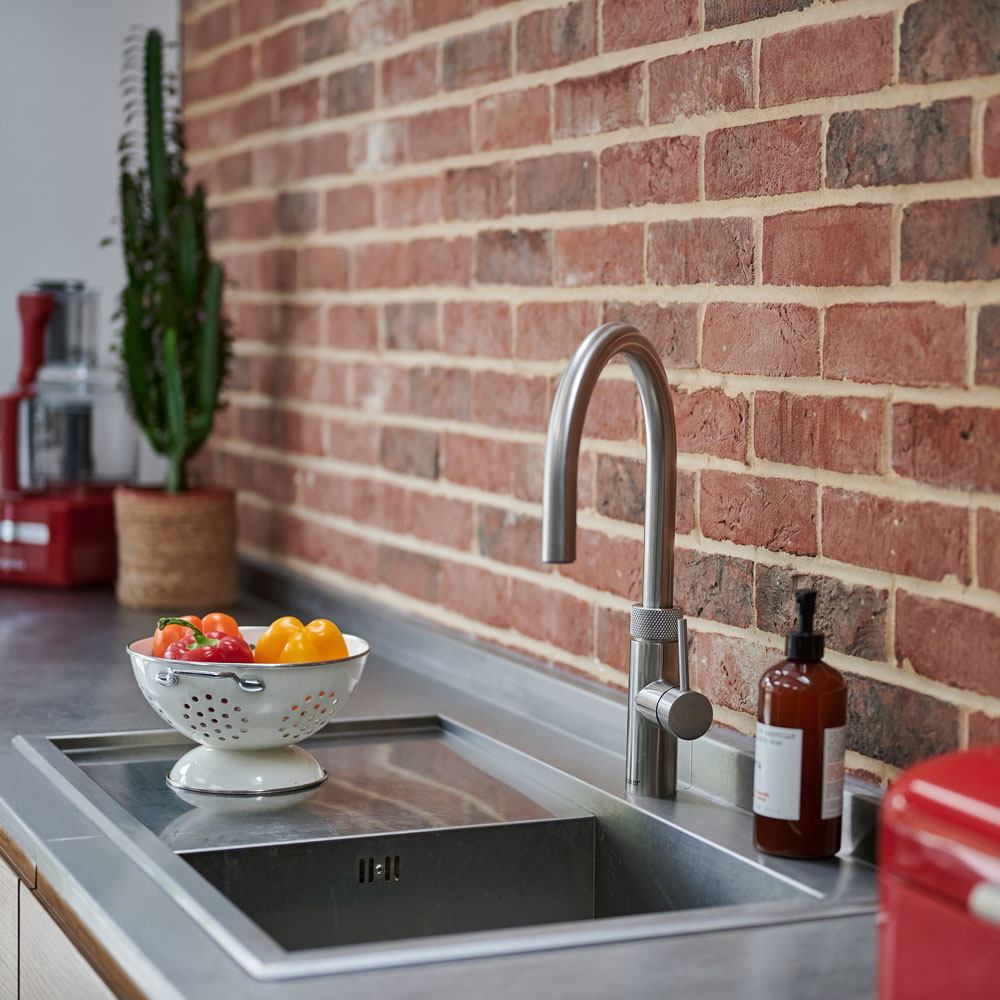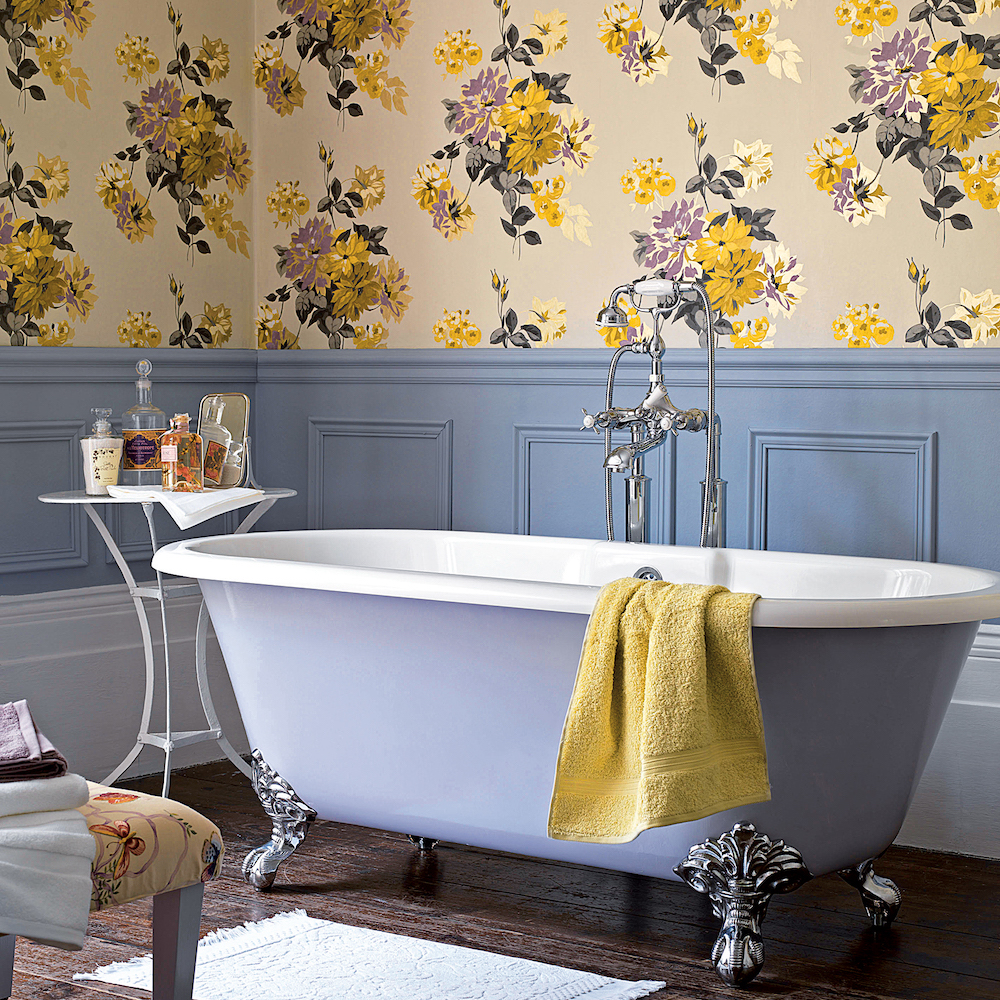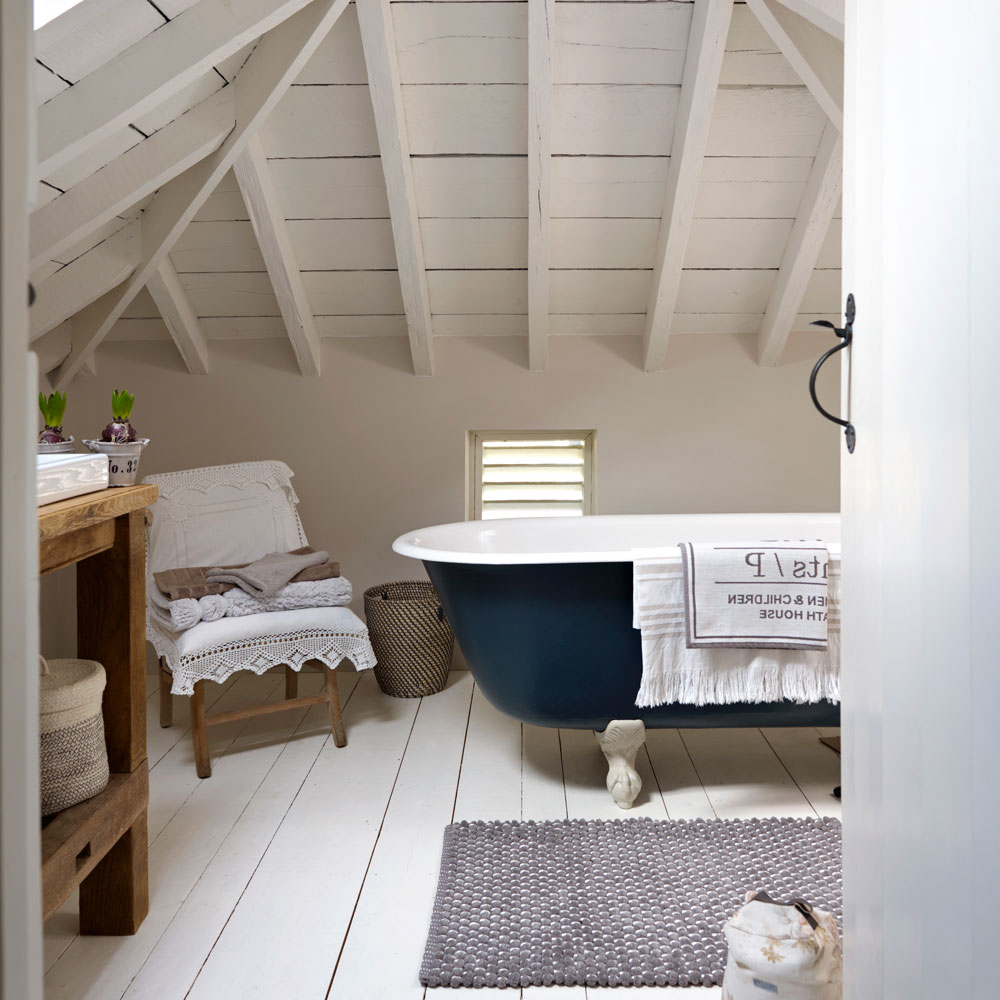Expert warns new homeowners to check properties for water leaks – especially if you are buying this property type
Some house types are more prone to water leaks than others, and a leak could cost over £1,000 to repair, warns water detector expert
Sign up to our newsletter for style inspiration, real homes, project and garden advice and shopping know-how
You are now subscribed
Your newsletter sign-up was successful
If you're in the process of buying a home, water leaks will likely be the last thing on your mind. And yet, a leak can be costly to repair and cause much misery upon moving into a new home – and some UK house types are notorious for leaks.
Buying a house? Find all the information you need in our property advice section
The UK property type most prone to leaks
A study by Insurtech provider of IoT enabled water detectors, LeakBot, reveals that 20 per cent of surveyed homeowners have experienced three or more water leaks in houses they have lived in as adults. With each leak resulting in average repair costs of £1,074 and over half (52 per cent) of polled property owners opting to shell out for these repairs themselves, the data proves it could be a costly issue to overlook.

The water detector specialists have also established that some properties were more at risk of these costly, water leaks than others. Those purchasing a post-war property (1945-1990) should do so wearingly as the study revealed these homes to be the most susceptible to leaks. In fact, over a quarter (28 per cent) of surveyed post-war property owners revealed they had experienced a domestic leak in a home of this age. The study named faulty bathroom plumbing as the biggest culprit of water leaks in post-war aged properties, closely followed by problematic kitchen pipes and leaky shower or bath units . Although, those looking to purchase a new-build property (1990-2019) aren’t out of the clear either as over 1 in 10 polled homeowners reported domestic leaks despite newer fittings.
With this in mind, we've asked Craig Foster, CEO of LeakBot, to give his top tips on what to look out for to steer clear of expensive water leaks when buying a home.
What to look for when buying a home
1. Find the stop tap
Craig said: 'Important checks include locating and testing the stop tap in the property and making sure there is nothing leaking in the immediate area or no water pooling.' The stop tap is the one thing that will help you prevent water damage to your home if there is a leak or burst pipe, so you really don't want that to be faulty.
2. Check all appliances that use water

This may feel awkward to do, but you really need to check out the area around all the appliances in the house, Craig says: 'All appliances within the home that require water, even if these are not included in the purchase, should be checked to ensure water supply lines are fitted securely and there is no evidence of damp in or around the appliance.'
Sign up to our newsletter for style inspiration, real homes, project and garden advice and shopping know-how
3. Watch out for cold water storage tanks

Cold water storage tanks are typically found in the loft of a house, so if you're looking at a house that has one, 'the loft should be carefully checked to confirm all fittings are secure and fitted correctly.' In fact, go beyond the loft – 'all areas of the home, including those that aren’t instantly visible, should be checked for any signs of damp that could signal a past or current leak.'
Related: Home repairs you can DIY – easy fixes from dripping taps to squeaky floorboards
Performing these checks are well worth the extra effort, Craig concludes: 'By cautiously checking potential purchases in this way, buyers can help future proof their home against leaks and prevent costly repairs and undue stress.'
Anna Cottrell is Consumer Editor across Future's home brands. She moved to the world of interiors from academic research in the field of English Literature and photography. She is the author of London Writing of the 1930s and has a passion for contemporary home decor and gardening.